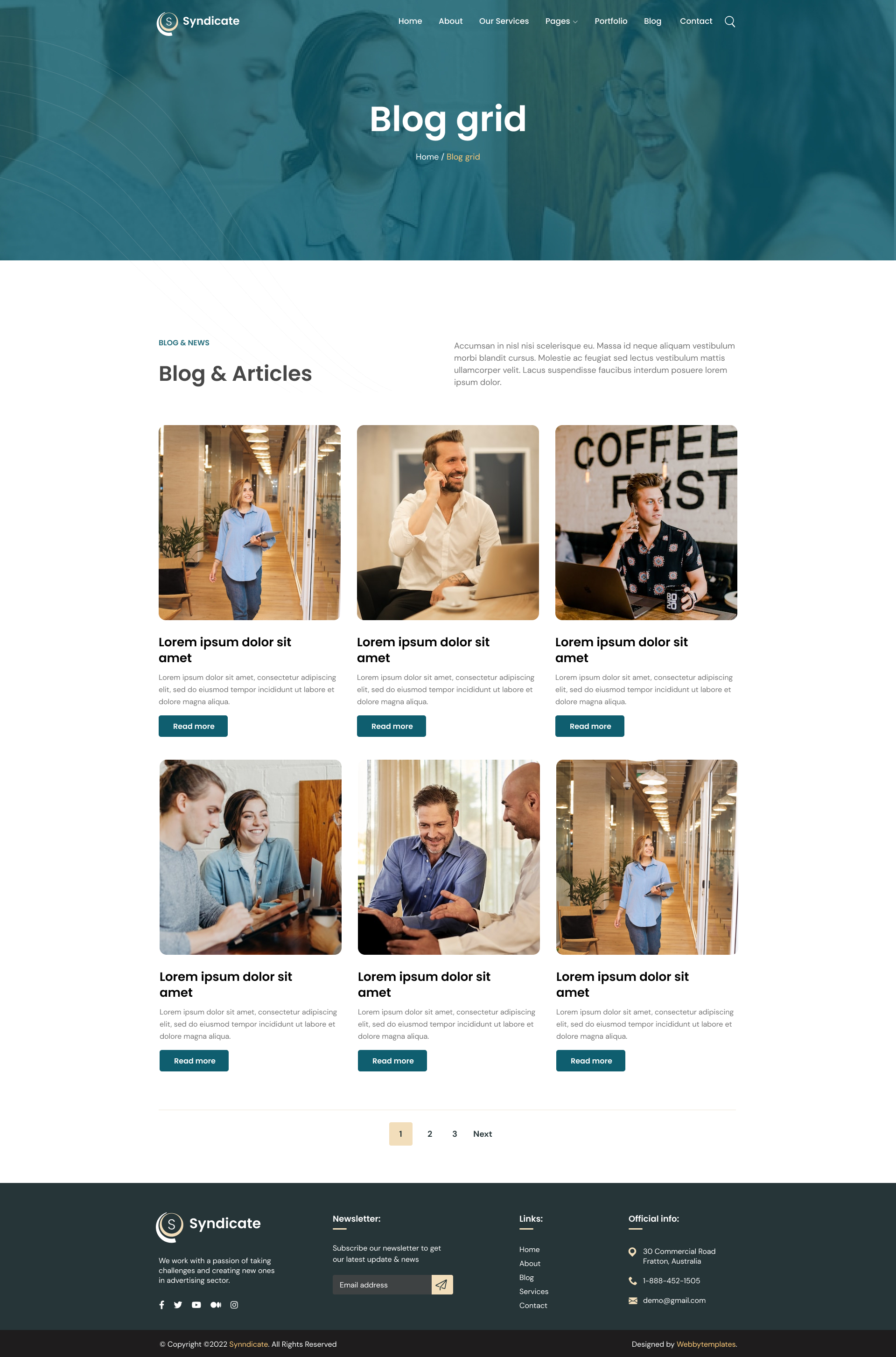
Creative Operations in Modern Businesses
Assigning operational duties to creatives or untrained personnel is common in startups—but risky. A lack of formal systems can cause bottlenecks, especially when scaling. It’s vital to bridge the gap between creative freedom and operational discipline.
To address this, companies often onboard external consultants or build internal frameworks that support innovation while maintaining order and accountability across departments.
he best operations aren’t visible—they empower creativity while keeping everything on track.
Startups often rely on lean teams, where creative individuals take on operational responsibilities outside their core expertise. While this approach may work in early stages, it can lead to inefficiencies, confusion, and missed opportunities as the company begins to scale. Without structured systems in place, even the most innovative ideas can falter due to poor execution or unclear processes.


To overcome these challenges, businesses are turning to experienced consultants or implementing adaptable operational frameworks that strike a balance between creativity and control. These systems empower teams to innovate freely while ensuring that day-to-day operations run smoothly, responsibilities are clearly defined, and growth can happen without chaos.



